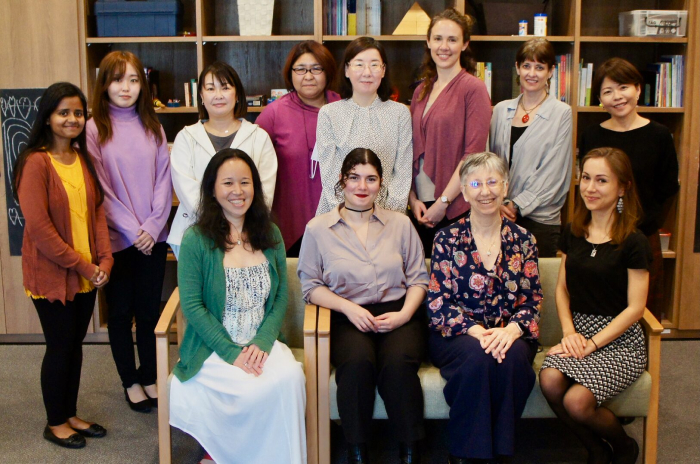OIST Children's Research Center & Loving Habits♡
The OIST Children's Research Center conducts research to better understand the nature and causes of ADHD. We hope our research will help improve support for children with diverse needs. Our loving Habits progam aims to help families develop new behavioral habits and share information with people in the community.
Loving Habits♡ Team
-

Arara,
Peer GuideArara, Peer Guide
I help the team mebers organize information collected from the Loving Habits♡ Survey. I look forward to learning from everyone's ideas and experiences!
-

Emi,
Team LeaderEmi, Team Leader
I am a licensed clinical psychologist in US and have worked with many children and families. At the OIST Children's Research Center, I conduct behavioral and brain imaging research, and work with people in the community to develop parent support programs.
-

Mana,
Postdoctoral FellowMana, Postdoctoral Fellow
I am a certified clinical psychologist in Japan and a research fellow at OIST. I am developing tools to measure how children respond to rewards and punishments. I hope these tools will help guide families in establishing behavioral support approaches appropriate for their children.
-

Gail,
ProfessorGail, Professor
I am a neuroscientist and clinical psychologist originally from New Zealand. I joined OIST in 2007 and established the Children's Research Center. For many years my research has focused on how children with ADHD respond to consequences (e.g., being praised), which affects how they respond to behavioral treatment.
About research on ADHD

At the OIST Children's Research Center, experienced researchers from Japan and overseas undertake
About the Okinawa Institute of Science and Technology Graduate University (OIST)
OIST is a pioneering graduate university and conducts research that bridges disciplines to explore new frontiers of scientific knowledge. OIST aims to educate a new generation of scientific leaders and to be a catalyst for an innovation hub in Okinawa.

